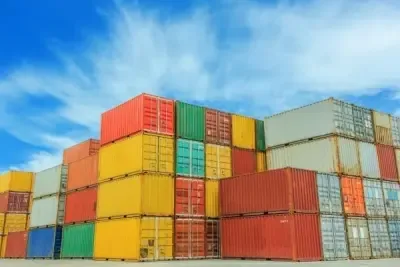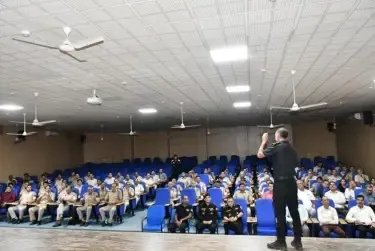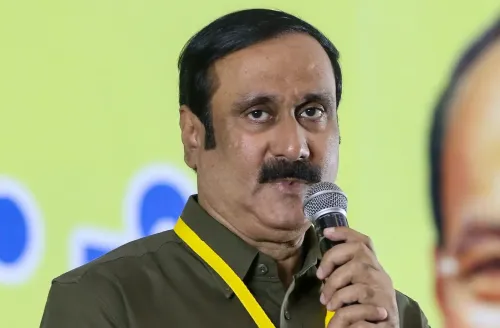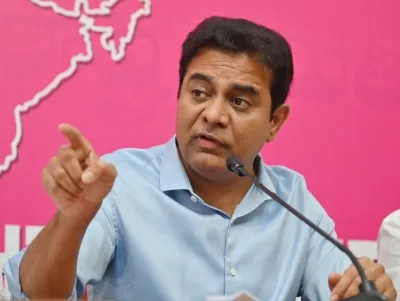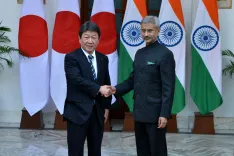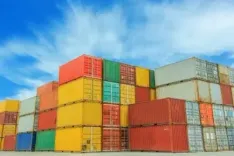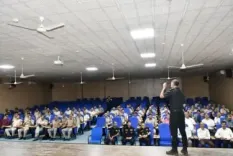How is Karnataka's Mangaluru Tackling the Drug Crisis?
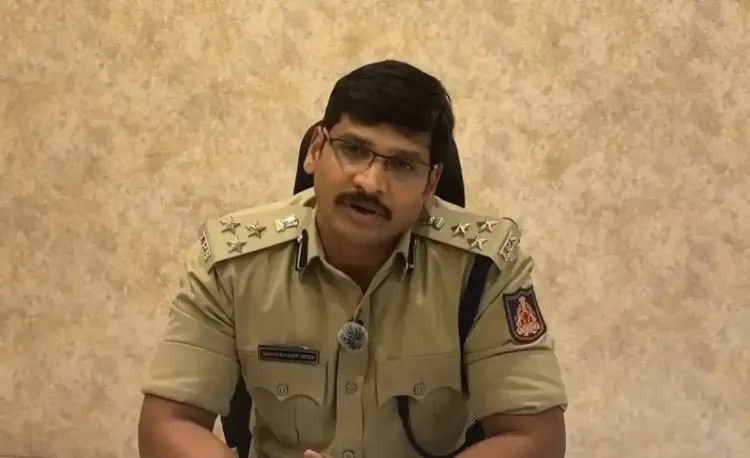
Synopsis
Key Takeaways
- Community collaboration is essential in tackling drug abuse.
- The initiative treats drug users as victims, focusing on supply chain dismantling.
- Parents play a crucial role in reporting and reducing drug access.
- Police aim to uncover deeper networks to combat drug trafficking.
- Proactive measures are expected to significantly lower drug peddling.
Bengaluru, July 6 (NationPress) The Karnataka Police have initiated a groundbreaking strategy to combat the drug issue in the coastal city of Mangaluru, an area marked by both communal unrest and moral policing incidents, but also recognized as a significant educational center attracting students nationwide.
The Mangaluru Police Commissionerate is collaborating with the parents of individuals affected by drug abuse, as well as the victims themselves, to pinpoint drug dealers and trace the origins of the supply chain.
Recently, the police dismantled a drug operation and detained five suspects. With the intelligence gathered from these arrests, they have also captured a major supplier, aiming to expose a more extensive network.
Mangaluru Police Commissioner Sudheer Kumar Reddy has made a courageous call to the community for assistance in reporting drug-related activities, which has led to increased public engagement. “If information is shared, we can guarantee that drugs won’t be available in Mangaluru. We will view drug users as victims while focusing on apprehending those responsible for supplying drugs,” he expressed.
Commissioner Reddy highlighted the significance of community participation: “When two parents stepped forward to report the issue, we successfully dismantled a gang supplying drugs to over 200 individuals. If just ten parents come forth, we can obstruct the supply to thousands.”
He reiterated his message: “By sharing information with us, the public can help us eradicate drugs from Mangaluru. Our approach will treat addicts as victims, concentrating our efforts on catching the suppliers,” he added.
The initiative has garnered extensive support from the community, with parents and locals positively responding to the proactive measures of the department. The police are now determined to confront the drug crisis directly and achieve meaningful progress by dismantling influential supply networks.
In a conversation with IANS regarding this initiative, Commissioner Sudheer Kumar Reddy stressed the need for community collaboration. “Typically, when a drug dealer is caught, a case is opened, and they are imprisoned. However, if we can reach two or three levels higher within the drug network, we can tackle the issue more effectively,” he clarified.
“We are addressing the problem from both the supply and demand perspectives. By counseling drug users with parental support, we can reduce demand while these users assist us in tracing the supply network. Several colleges are also working with us to conduct student screenings and join us in this fight,” he mentioned.
According to the Commissioner, there is a growing number of individuals willing to assist the police. He pointed out that nearly 50 percent of drug dealers are also addicts. “This initiative will help prevent current users from turning into future dealers,” he stated.
When questioned about the police's ability to allocate sufficient resources to combat drug trafficking amidst existing communal tensions and revenge killings, Commissioner Reddy acknowledged the challenges posed by understaffing. Nevertheless, he asserted that focused efforts could still yield notable results.
The Commissionerate is optimistic that this initiative can reduce drug trafficking by up to 60 percent and uncover the roots of the supply chain.

